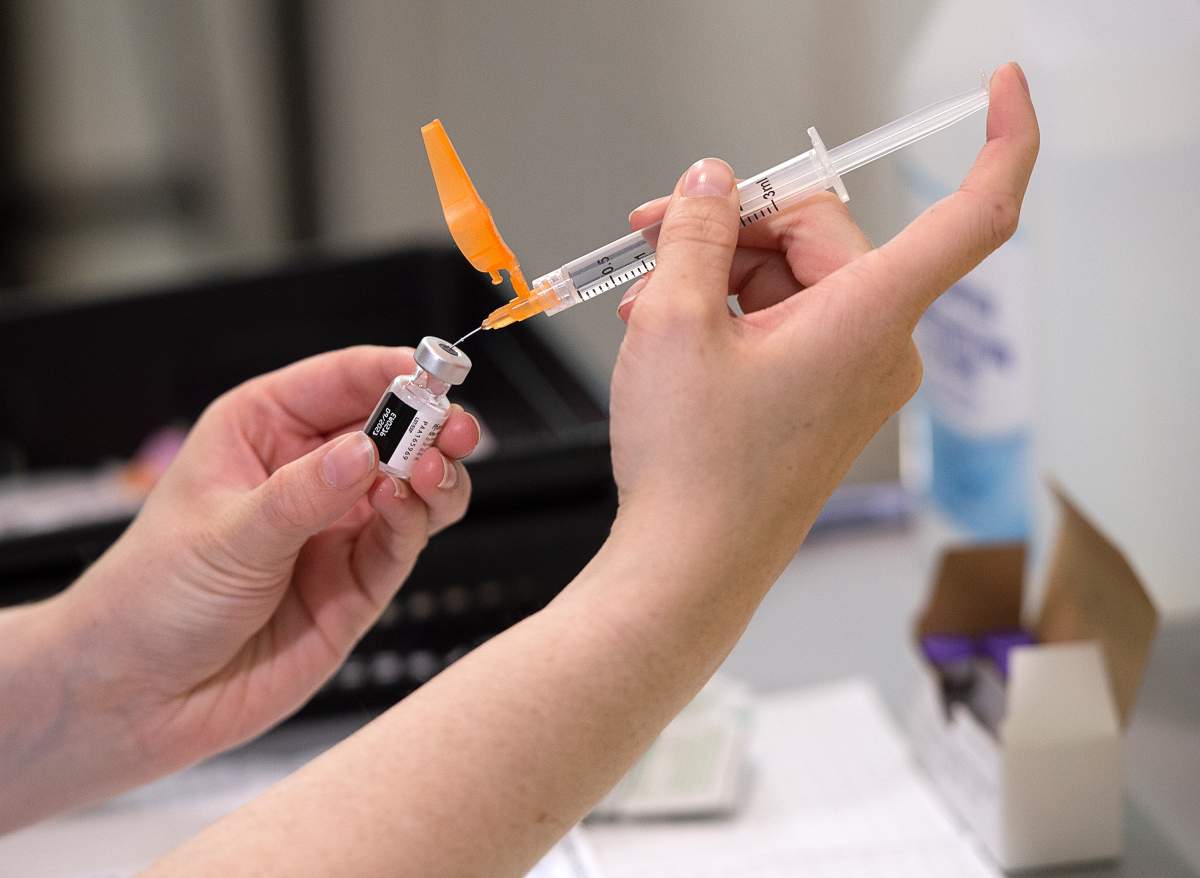Vancouver researchers are helping spearhead a national study on how well COVID-19 vaccines work in people living with HIV.

Researchers say HIV-positive people are less likely to produce a strong immune response to common vaccines, and may need higher doses or more booster shots for protection.
“When do people with HIV have to get the booster shot — or are we never fully protected?” Enrico Mandarino, a Toronto resident who has lived with HIV for more than 25 years and who recently got his second vaccine dose, told Global News.
“There’s so many unanswered questions it adds a layer of complexity to someone living with HIV.”
Those are exactly the questions the new study, led by Vancouver’s’ CIHR Canadian HIV Trials Network (CTN) will seek to answer.
Researchers will recruit 400 HIV-positive participants in Vancouver, Toronto, Montreal and Ottawa, and test their blood for COVID-19 antibodies before and after vaccination.

Study lead Aslam Anis, director of UBC’s School of Population and Public Health Canadian director of the CTN, said researchers will focus on the most vulnerable populations living with HIV.

Get weekly health news
“There have been some HIV-positive people who have participated in initial testing of the vaccines, but these people have mostly been people … (who) are on medication, they are well controlled,” he said.
“This study will recruit 400 people who are not controlling HIV, who are older, have other (medical conditions) and see how their antibodies respond to the vaccines.”
A second component of the $2.6-million study will look at the health records of more than 30,000 people with HIV in B.C. and Ontario to compare vaccine effectiveness.
Those answers will be welcome news for Mandarino and the other 67,000 Canadians living with HIV, some of whom he said remain skeptical about the vaccine.
“HIV has been around for 30 years and they came up with a vaccine for COVID within a year — we still don’t have a vaccine for HIV,” he said.
“There’s a lot of conspiracy theories out there, whether you’re HIV positive or not, it’s a lot to take in.”










Comments